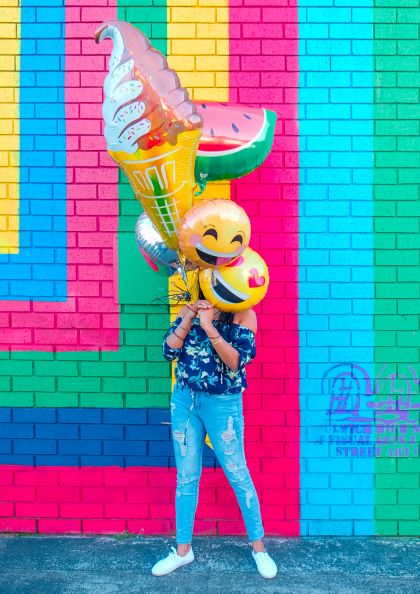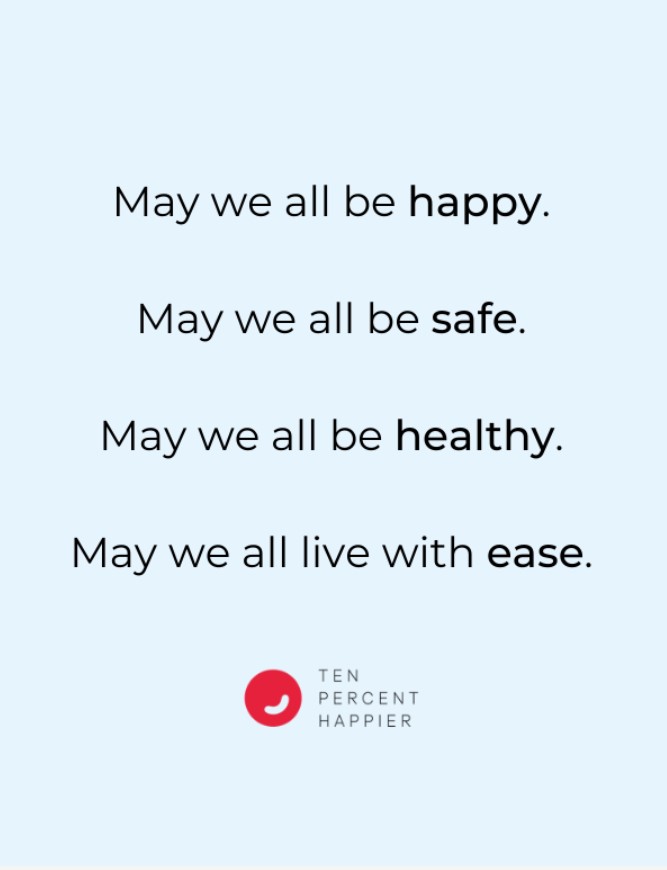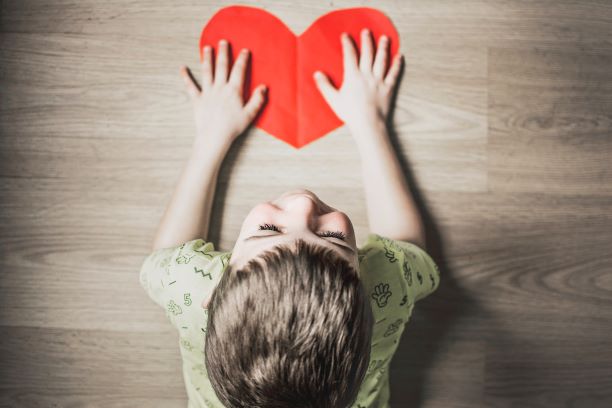In January at Live Life Better, I introduced the concept of being Healthily Happy which incorporated the wellbeing 3L’s of Learning, Loving and Laughing. For May and during this challenging time for the world, I want to focus on this more and bring ‘Learning, Loving and Laughing’ together in one word – FUN!
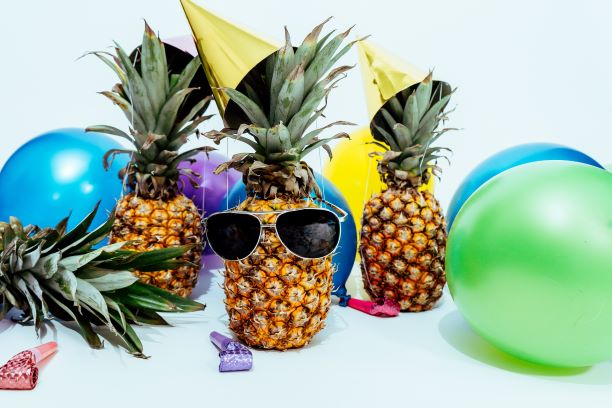
Right now, there’s not as much family fun around as there once was. Parents are dealing with loss, change and difficulty whilst holding everything together at home. There’s play but there’s also tears. There’s joy and there’s stress. One thing that’s certain is a rollercoaster of emotions so, if ‘time flies whilst you’re having fun’, I’ve decided to do more of it now to pass this time positively. Would you like to join me in bringing more fun into your days too?
A self-care commitment
I’ve made a commitment to do something fun, every day, for 100 days. I already do lots of fun stuff with and for my son, and he is very good at having fun (I learn a lot from his lead), so this current pledge is about personal, parental self-care. As I say often, ‘you can’t pour from an empty cup’ so I’m going to boost my wellbeing through fun and, in a roundabout way, I’m sure my son will benefit too. Fun breeds fun and a mum having fun is fun in itself (lol)!
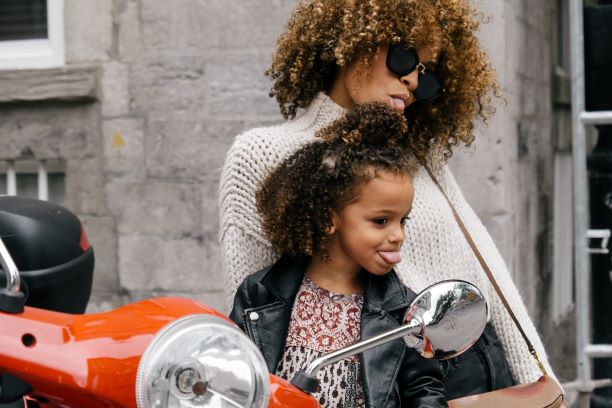
Fun is serious business in serious times
A brief Google search on the value of fun lists its importance for productivity at work, for children’s development and even in the aid of recovery. Psychology Today has a compelling article on the importance of play for everyone. They maintain ‘play is serious business,’ calling it a ‘banquet for the brain’ so we shouldn’t view fun as frivolous. HelpGuide talks persuasively on the mental health and relationship benefits of play for adults saying it can ‘add joy, relieve stress, supercharge learning and connect you to others and the world around’. They argue play improves brain function and stimulates creativity.
In 2018, Steve Taylor from Leeds Beckett University, wrote about ‘awakenings’ in the British Psychological Society’s magazine. He described these as “a temporary expansion and intensification of awareness that brings significant perceptual, affective and conceptual changes,” which could be related to experiences of flow; and flow can be thought of as (Csikszentmihalyi and Csikszentmihalyi, 1988: 36) “the holistic sensation that people feel when they act with total involvement.” Hopefully some of these awakening or flow experiences will arise from the fun times to come over the upcoming 100 days!
The Oxford English Dictionary defines fun as “light-hearted pleasure, enjoyment, or amusement; boisterous joviality or merrymaking; entertainment”. How would you define fun for yourself? Is it doing things that are creative, silly or witty? Perhaps it’s about novelty or activities you know you enjoy? What about joy, where does this fit for you? My 100 days of fun will be about things I know I enjoy (but don’t do enough) as well as trying out novel and creative activities. It’ll be about both ‘creativity’ and ‘enjoyment’. Those will be my key words.

Fun ideas for isolation?
I’ve jotted down a few ideas of things I’ll do. Please have a look at my Youtube video on Bringing Joy, for a fun coaching exercise in generating plans for your household. I already love writing and supporting people so those will continue but perhaps I’ll now try recipes, cocktails or foods I’ve not had before? Perhaps I’ll collage, journal or do new daft puppet shows with my son? Painting, dressing-up, cycling and running barefoot on the beach will all happen as will, no doubt, lots of music and dance. I’ll be sure to explore and surround myself with playful people online. I was thinking virtual charades, if anyone’s up for it!?!
Whatever it looks like to you though, we can likely all agree that we know when someone’s having fun. That sense of joy and pleasure is universally understood, regardless of culture, gender, age or any other thing which might differentiate us. Fun is unifying and that’s something we can all do with in current circumstances. I’m looking forward to what these 100 days of fun will bring. Please see daily updates on my Instagram page at oliviaroellb
